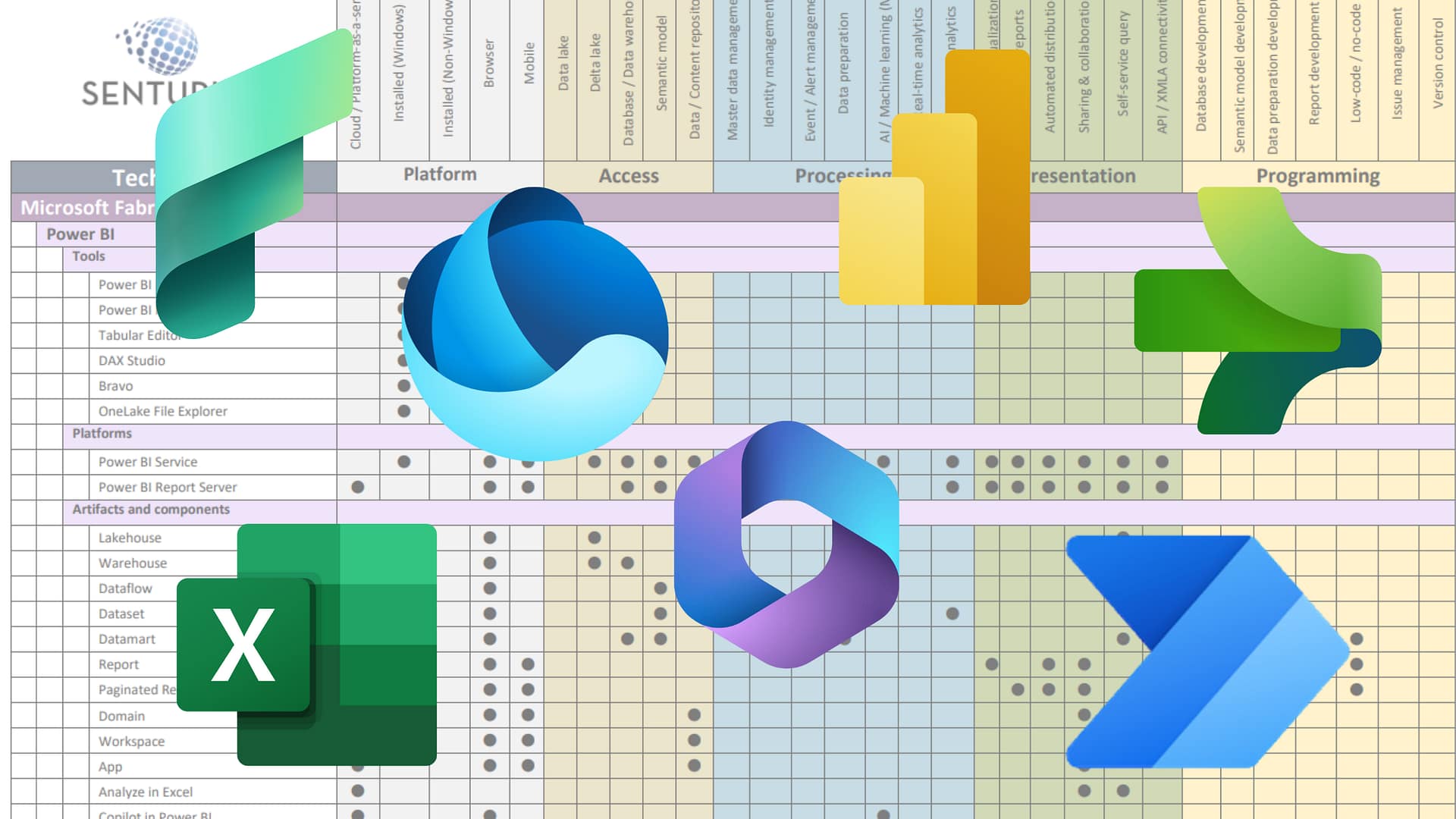This website uses cookies so that we can provide you with the best user experience possible. Cookie information is stored in your browser and performs functions such as recognising you when you return to our website and helping our team to understand which sections of the website you find most interesting and useful.
Experience by Business Process
When it comes to data, it’s easy to get caught up in the weeds. But just as paralyzing is taking a wholly theoretical approach. We are a team of pragmatists. We’ve been in industry and on the front lines just like you. So, when we look at your data, it’s from the perspective of what your goals are and what decisions you need to make.
Customer relationship management
Measuring customer profitability and segmenting customers into relevant groups improves both retention and return on marketing investment. All customers deserve respect, but the fact is not all customers warrant premium offers every month. Specific applications include:
- Profitability by customer
- Customer segmentation
- Customer value scoring
Quality
Reporting quality problems by product, line and shift can be helpful; but using predictive failure analytics on historical data can do a better job of anticipating machine and process failures, preventing down time and improving end-product quality. Specific applications include:
- Predictive failure analytics
- Predictive maintenance recommendations
Sales
Business analytics consulting, done right, breaks down complex processes into manageable steps. Before you can analyze margin erosion, for example, you must first calculate profitability by product and by customer. Increased costs impact gross margins, obviously, but then so does changing the product mix. Revenue and profit trends can support demand forecasting. Everything’s in flux, but with a fact-based roadmap against which to execute, you can improve the accuracy of reporting product profitability. Specific applications include:
- Measure profitability by product
- Measure profitability by customer
- Analyze product mix and its effect on margins
- Analyze revenue and profit trends
- Predictive demand forecasting
- Planning by product
Finance & accounting
Traditional, lengthy annual budgeting is invariably a slog. Highly efficient bottoms-up and top-down regular reforecasting will generate better line management accountability and more accurate forecasts. Aided by more timely and accurate post-close reporting, you can undertake corrective actions sooner, thereby improving operations. Specific applications include:
- Drillable profit and loss reporting
- Cash flow forecasting
- Profitability reporting across many dimensions and hierarchies
- Operational expense budgeting
- Revenue planning
- Customer and product profitability at the net income level
Fulfillment & logistics
Low inventory turnover, too many stock-outs and low order-fulfillment rates often mean that inventory plans are out of sync with sales plans. An integrated inventory planning model can increase turnover, lower stock-outs and increase order fulfillment rates. Specific applications include:
- Supply and demand matching
- Reducing stock-outs while reducing inventory
Production, manufacturing & operations
Measuring waste and yield in both discrete and process manufacturing units can help increase operational profitability. Adding reporting dimensions for lines, shifts and product families to increase visibility can support effective, corrective actions. Specific applications include:
- Yield management
- Operations profitability
Inventory & capacity
Which is better? Investing in a higher gross margin or a higher inventory turn? Maybe neither. Using Gross Margin Return on Investment to combine the turn and margin measures is probably a better way to frame the choice. Then, improved inventory plans can directly inform capacity planning. Specific applications include:
- Inventory planning
- Inventory investment planning
- Capacity planning
Compliance
Using outside services to comply with Sarbanes-Oxley can be costly and time-consuming to integrate. Installing in-house software that automatically integrates internal data with external financial nodes is a more cost-effective way to accomplish additional reporting. Specific applications include:
- Sarbanes-Oxley compliant reporting systems
Marketing
Allocating marketing dollars is often a contest between attracting new customers, retaining existing ones and deciding which incentives to use. By applying predictive churn analytics and program return analysis, for example, we can help you better identify customer segments to increase the ROI on your marketing dollars. Specific applications include:
- Return on marketing investment
- Predictive churn analytics
- Marketing offer optimization
- Customer scoring
HR & labor
Our reports can help you see customer and transaction counts by hour to achieve better hours-to-sales ratios, customer service and profitability. Long-term, you can better plan staffing needs and salary expenses in line with revenue plans. Specific applications include:
- Analyze labor allocation for maximum service and profit
- Ten-year strategic staffing
- Models that predict which employees are at risk of leaving
Online & internet
Internet companies are faced with the challenge of organizing and using large volumes of web log and transactional data. We can help you reorganize your data to understand which elements of your sites are working and which need work. With a framework for A/B testing, for example, you can view each visitor’s interaction with the site and summarize those interactions by stream, time and advertising network. With this insight, you can identify which changes improve conversion and direct more traffic through the most productive streams, thus optimizing ROI. Specific applications include:
- A/B testing
- Return on marketing investment (ROMI) analysis
- Marketing program effectiveness




































